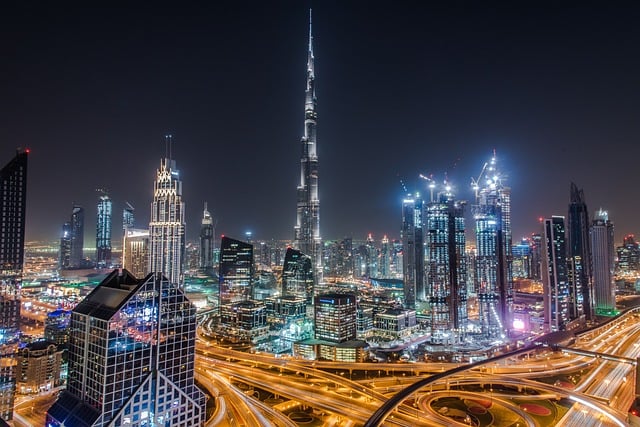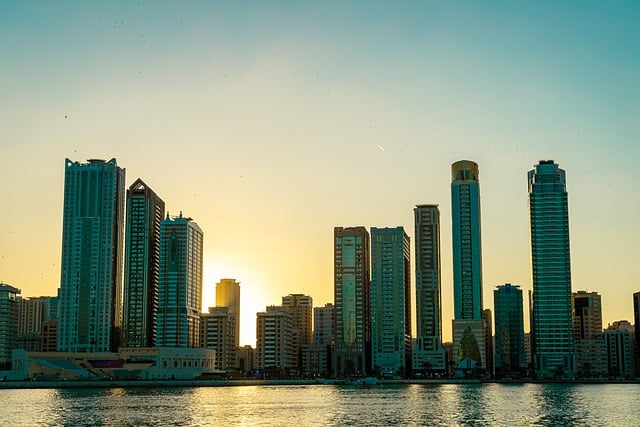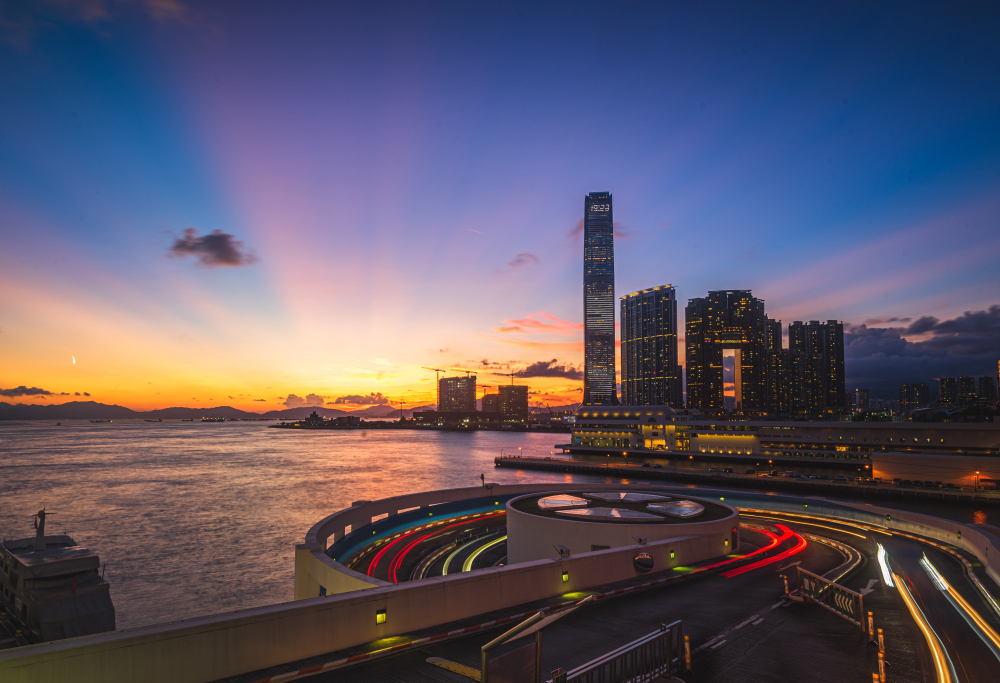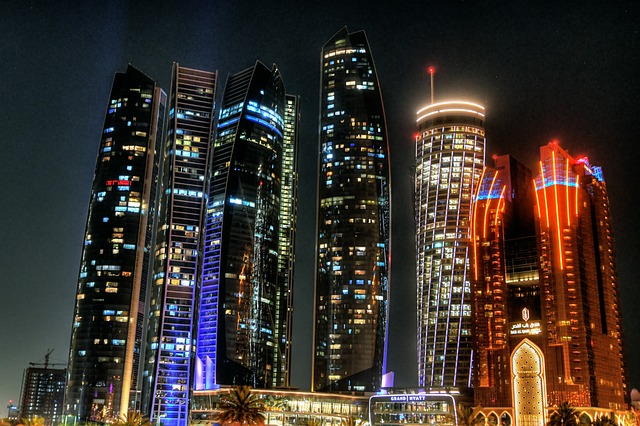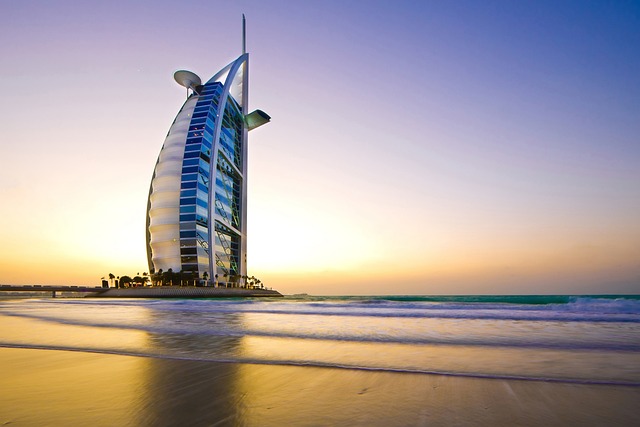Freezone Company Business Setup in Dubai
Setting up a business in one of Dubai’s many freezones is an attractive and practical option for investors, entrepreneurs, and international companies aiming to tap into the UAE’s vibrant economy. Each freezone in Dubai is crafted to support specific industries, offering a unique blend of benefits, resources, and infrastructure to help businesses thrive. Here’s a comprehensive look at what setting up a freezone company in Dubai entails and how it can benefit your business.
Freezone Company Formation in Dubai UAE
Establishing your business in Dubai’s Free Zones offers unparalleled opportunities within one of the world’s most thriving business hubs. With simplified processes, full foreign ownership, and significant tax benefits, these zones draw entrepreneurs and companies worldwide eager for expansion and success.
Why Set Up Your Business in Dubai Free Zones ?
- 100% Foreign Ownership
- Tax Incentives
- Prime Location
- Business-Friendly Regulations
- Industry-Specific Zones
At Dhanguard, we offer full-spectrum support and guidance for navigating the intricacies of Dubai Free Zone setup. From initial consultation through licensing, office space arrangements, visa processing, and ongoing compliance, our expert team ensures a smooth, efficient setup, empowering you to focus on growth and long-term success.
1. Why Choose a Dubai Freezone?
Dubai’s freezones have a reputation for facilitating international trade, boosting innovation, and driving global business connections. The key benefits include:
- 100% Foreign Ownership: Entrepreneurs can fully own their business without needing a local sponsor or partner.
- Tax Exemptions: Most freezones offer corporate and income tax exemptions, significantly reducing operating costs.
- Simplified Import/Export: Goods can be imported, manufactured, and exported without duties, making Dubai freezones ideal for logistics and trade businesses.
- Strategic Location: Positioned between Europe, Asia, and Africa, Dubai offers access to more than two billion consumers, boosting opportunities for international business growth.
- Visa Advantages: Companies can easily secure residence visas for business owners, employees, and their dependents.
2. Popular Freezones in Dubai
Dubai offers over 20 specialized freezones, each designed to support specific industries and types of businesses. Here are a few notable ones:
- Dubai Multi Commodities Centre (DMCC): Ideal for trade companies involved in commodities like gold, tea, and diamonds, DMCC provides world-class facilities and support.
- Dubai Airport Freezone Authority (DAFZA): Located next to Dubai International Airport, DAFZA is a strategic choice for logistics, trade, and aviation-related businesses.
- Dubai Internet City (DIC): Tailored for IT and tech companies, DIC offers a community-based environment and specialized support for startups and established tech firms.
- Jebel Ali Free Zone (JAFZA): One of Dubai’s largest freezones, JAFZA is best suited for logistics and manufacturing companies thanks to its proximity to Jebel Ali Port.
3. Step-by-Step Guide to Setting Up in a Dubai Freezone
Setting up a business in a Dubai freezone is straightforward with the right guidance. Here’s an outline of the process:
Step 1: Choose Your Freezone and Business Activity
Identify the freezone that best aligns with your business goals and industry. Dubai’s freezones each have specific focuses, so selecting the right one ensures the best operational environment.
Step 2: Select the License Type
Based on your business activity, you’ll need to select a license. Common options include:
- Trade License: For companies involved in import/export and general trading.
- Service License: For consulting and service-oriented businesses.
- Industrial License: For businesses engaged in manufacturing or production.
Step 3: Arrange Office Space
Choose from a variety of options including flexi-desks, serviced offices, and warehouses based on your operational requirements and the scale of your business.
Step 4: Submit Documentation
Prepare and submit the required documents, which typically include passport copies, a completed application form, and business activity details. Some freezones may require a business plan or additional documents, depending on the nature of your company.
Step 5: Receive Initial Approval and Make Payments
After your application is approved, pay the necessary registration and licensing fees to proceed.
Step 6: Obtain Your Business License and Visa
Once all requirements are met, you’ll receive your business license, and the process for employee and dependent visas can begin, allowing you to start operations.
4. Costs and Required Documentation
Setting up in a Dubai freezone involves costs that may vary based on the chosen freezone, license type, and office space. Typical costs include licensing fees, visa fees, and rental charges for office space. Documentation generally includes:
- Passport copies of shareholders
- Completed application forms
- Proof of residential address
- Business activity details
- Lease agreement (if applicable)
5. Why Partner with AYN Business Consultants?
Navigating Dubai’s freezones can be complex. AYN Business Consultants offers comprehensive assistance, helping you:
- Choose the Right Freezone: Tailored advice based on your industry and business goals.
- Manage Documentation: Expert handling of paperwork to ensure a seamless process.
- End-to-End Setup Support: We assist at each stage, from license application to securing office space and visas, letting you focus on business growth.
Setting up a freezone company in Dubai gives you access to one of the world’s most dynamic markets with countless advantages. With the guidance of AYN Business Consultants, you can establish your business in Dubai’s thriving economy with ease and confidence.


